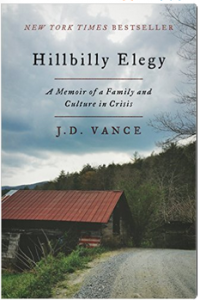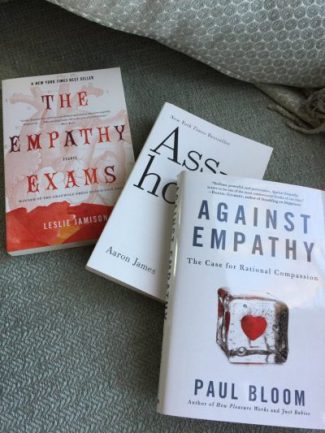Tag Archives: non-fiction
What I’m reading and why
Does anyone care what someone else is reading? Possibly not, but other than serendipity, choices are usually meaningful and those meanings might prove informative. “So here goes nothing.”
- Dennis Lehane, Coronado (2006). Lehane is one of my favorite contemporary authors. In addition to being best sellers and earning critical acclaim, his novels Mystic River and Shutter Island were made into excellent movies. Coronado consists of five novella length stories and a two-act play. In this thin volume, Lehane demonstrates why his stories are so compelling. The characters are those we don’t often meet, but yet link back to American culture and tell us something about ourselves.
- Rick Ollerman, Hardboiled, Noir and Gold Medals (2017). An analysis of a particular subset of mystery novels from the 1950s through the 1990s, Hardboiled, Noir and Gold Medals consists of inside baseball.
Little Town, Big Exposure: A Visit to the 9th Annual Gaithersburg Book Festival
Bad Weather Doesn’t Stop Book Lovers
In the opening hours of the Ninth Annual Gaithersburg Book Festival, the skies were an ugly steel gray and the precipitation shifted across mist, sprinkle, drizzle, and steady rain — and still the book lovers came out in force. Sporting umbrellas and rain ponchos, they were ready to hear their favorite authors read from and discuss books at the different literary tents, browse the new and used bookstores and independent booksellers, get their books signed while chatting with those favorite authors, grab something tasty from the food vendors, and go back again for more.
Of the many book festivals that the Baltimore-Washington area now enjoys, Gaithersburg is my personal favorite. Though it often draws over twenty thousand attendees and attracts many nationally known authors, it still has a very intimate feeling.
Let the Book Speak for Itself
A Review of Hillbilly Elegy
In my last posting, I discussed three books of non-fiction that touched on topics of empathy, compassion, and a shared social contract, and that together, I felt, made some illustrative commentary on the events of that day, January 20th, 2017. One book that I had hoped to include—but which landed on my reading stack a bit too late to make the cut—was another unexpectedly successful work of non-fiction. It, too, highlights some of the themes of my earlier discussion.
 Hillbilly Elegy: A Memoir of a Family and Culture in Crisis is a memoir by a young Yale-educated lawyer named J.D. Vance. He beats his readers to the punch in offering his own wry objection to a 31-year-old’s writing a memoir, but he has much to offer us as he relates his own experience in what is arguably the most forgotten and dismissed segment of the American population.
Hillbilly Elegy: A Memoir of a Family and Culture in Crisis is a memoir by a young Yale-educated lawyer named J.D. Vance. He beats his readers to the punch in offering his own wry objection to a 31-year-old’s writing a memoir, but he has much to offer us as he relates his own experience in what is arguably the most forgotten and dismissed segment of the American population.
Toward Compassion
Words matter. It would be surprising if I as a writer didn’t believe that to be true, since words are my entire stock in trade. Words have meaning. A shared understanding of the meaning of words is what allows us to communicate and function as a society. Words have shades of meaning, too—nuance—and understanding that nuance allows us all to send and receive exactly the message that’s intended.
 There are roughly 130,000 words in the English language. It’s said that Shakespeare had a working vocabulary of 54,000 words, which was not out of the ordinary for an educated man of his time. In comparison, modern Americans have a working vocabulary of about 3,000 words. As we continue to pare back our words, nuance is lost.
There are roughly 130,000 words in the English language. It’s said that Shakespeare had a working vocabulary of 54,000 words, which was not out of the ordinary for an educated man of his time. In comparison, modern Americans have a working vocabulary of about 3,000 words. As we continue to pare back our words, nuance is lost.
2/1/14 – I CAN’T KEEP FICTION WRITING IN THE CORNER
2/1/14 – I CAN’T KEEP FICTION WRITING IN THE CORNER
When I open my laptop to write fiction, I have the odd sensation that the screen is something of a mirror — a magical, looking glass through which I stepinto another world. First, I can see a shadowy version of myself on the screen. A few seconds later a stronger light begins to shine, my shadow disappears, and the magic takes over.